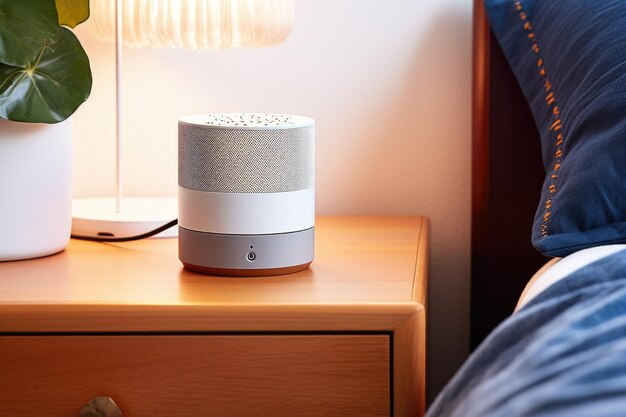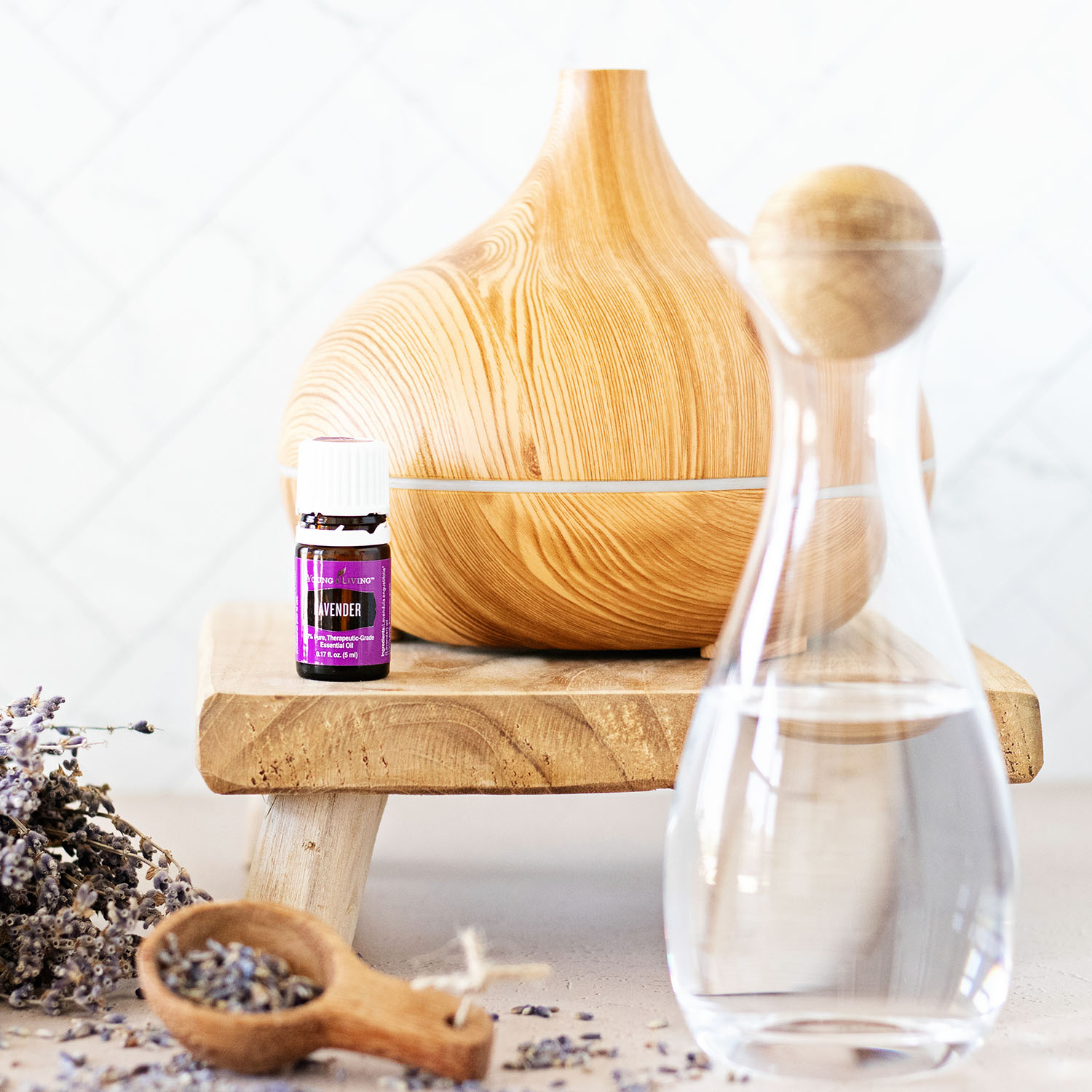A good night’s sleep doesn’t start when your head hits the pillow—it begins long before that, with the habits you build into your evening routine. If you often struggle to fall asleep or stay asleep through the night, tweaking your pre-sleep rituals might make a world of difference.
Here are 7 simple, natural bedtime habits that can improve your sleep quality and help you wake up refreshed.
1. Power down electronics 30 minutes before bed
Blue light from phones, tablets, and computers suppresses melatonin production — the hormone that regulates your sleep-wake cycle. When melatonin is low, it’s harder for your brain to recognize that it’s time to sleep.
Research Insight: A Harvard study found that blue light exposure at night suppresses melatonin for about twice as long as green light and shifts circadian rhythms by twice as much. (source)
How to apply this tip:
- Set a “digital curfew” at least 30–60 minutes before bedtime.
- Use features like Night Shift (iOS), Night Light (Windows), or apps like f.lux on computers.
- Replace scrolling with paper reading, journaling, or listening to soft music.

Even dimming overhead lights and switching to warmer bulbs (2,700K or less) in the evening can cue your brain to wind down naturally.
2. Use a pillow that supports your neck and spine
When your neck and spine are not properly supported during sleep, your muscles stay tense, causing discomfort and restlessness. Over time, this leads to disrupted sleep cycles and early morning aches.
Health Tip: The American Chiropractic Association recommends using a pillow that supports the natural curve of your neck, especially if you’re a side or back sleeper.
What to look for:
- Adjustable loft or fill (especially memory foam)
- Breathable materials to reduce sweating
- Ergonomic design that aligns head, neck, and shoulders
👉 Read the full review: Coop Adjustable Pillow Review: Best Pillow for Side Sleepers in 2025

3. Block out all sources of light
Even small amounts of light can interfere with your REM sleep. Keep your bedroom dark by:
- Wearing a high-quality sleep mask
- Removing LED lights or using blackout curtains
👉 Explore:

4. Keep your bedroom cool (65–72°F)
Temperature plays a critical role in how quickly you fall asleep and how long you stay asleep. Your core body temperature naturally drops during the night, and a cooler room supports that process.
Did you know? The optimal bedroom temperature for most people is between 60°F and 67°F (15.6°C to 19.4°C), according to the Sleep Foundation. (source)
Tips to keep cool:
- Set your air conditioner or fan to 65–72°F
- Use breathable bedding made from cotton or bamboo
-
Try a cool mist diffuser with eucalyptus or mint oil
5. Listen to white noise or calming sounds
White noise is a consistent sound that masks sudden changes in ambient noise — like a door closing or a car passing by — which can disturb your sleep.
Fun Fact: According to the Sleep Foundation, white noise can help people fall asleep faster and enjoy deeper, more continuous sleep. (source)
White noise vs. pink noise:
- White noise: Even intensity across frequencies (e.g., static, fan sound)
- Pink noise: More balanced, natural feel (e.g., rustling leaves, rain)
👉 Try these:

🎧 Bonus tip: Use a timer to auto-shut the sound machine after 1–2 hours if you’re a light sleeper.
6. Use calming scents to unwind
Aromatherapy can ease stress and promote relaxation. Try diffusing essential oils like lavender, chamomile, or eucalyptus.
👉 See recommendations:

7. Build a consistent bedtime routine
Your body thrives on rhythm. Going to bed and waking up at the same time each day helps reinforce your circadian rhythm, making it easier to fall asleep and wake up naturally.
Did you know? The National Institute of Neurological Disorders states that irregular sleep schedules disrupt your internal clock and lead to insomnia-like symptoms. (source)
Evening routine ideas:
- Light stretching or gentle yoga (10 minutes)
- Simple skincare or warm shower
- Reading fiction or journaling
Consistency cues your brain: “It’s time to wind down.”
A bedtime routine doesn’t have to be elaborate — what matters most is doing it consistently every night.
Final Thoughts
A better night’s sleep starts with better bedtime habits. Try incorporating one or two of these tonight and see how you feel in the morning. Over time, these small changes can lead to significant improvements in your sleep quality—and overall wellbeing.
By following these tips, you’re not only improving your night but also enhancing your focus, mood, and health throughout the day. Sleep is the foundation — and your routine shapes it.
🛏️ Looking for tools to help you build your sleep routine? Explore our top picks: